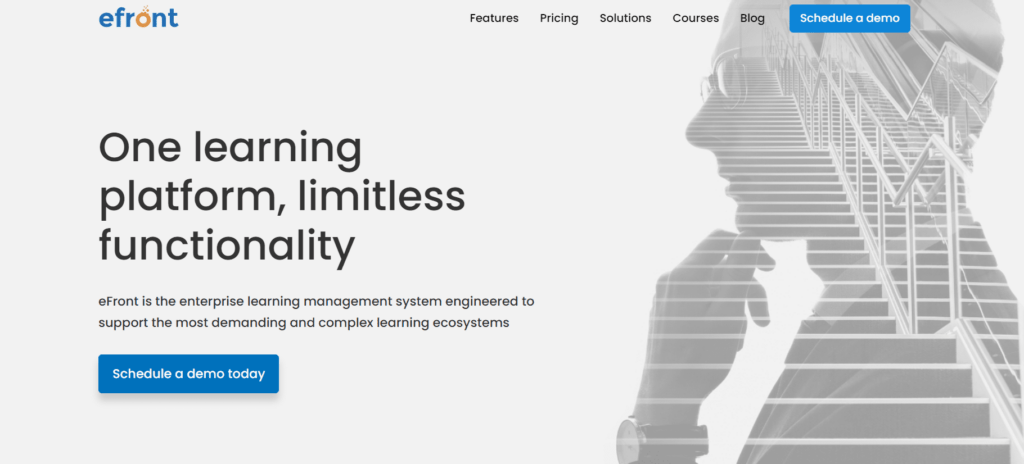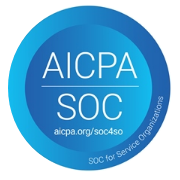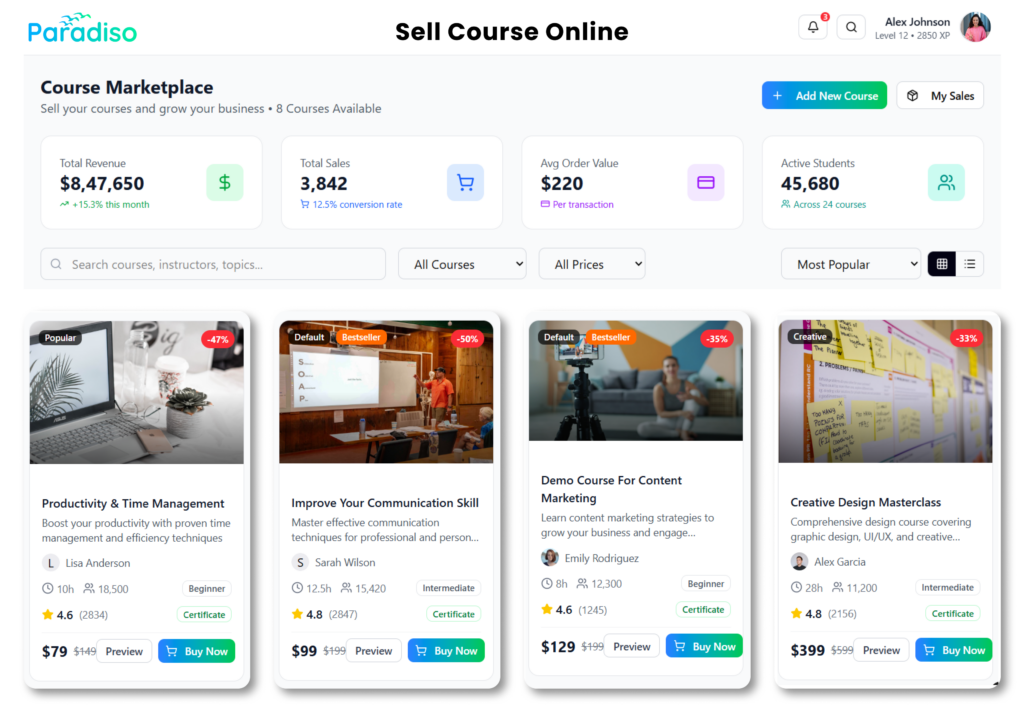An online learning platform is a software application or website that enables educators to create, manage, and deliver online courses and training programs to learners. These platforms can be used for a variety of purposes, such as providing professional development for employees, delivering online degree programs, or offering continuing education opportunities. Online learning platforms typically include features such as course creation tools, learner management, progress tracking, and delivery options.
One key benefit of using an online learning platform is the ability to deliver courses and training materials to learners at a distance. This can be especially useful for businesses and organizations that need to provide training to employees or customers in different locations or time zones. Online learning platforms also offer flexibility for learners, allowing them to access course materials and complete assignments on their own schedules.
In addition to delivering courses and training materials, online learning platforms often include features for managing the learning process, such as tools for creating and grading assignments, tracking learner progress, and providing feedback. These features can help educators create more engaging and effective learning experiences for learners.
Overall, an online learning platform is a valuable tool for educators and businesses looking to create and deliver effective online courses and training programs. By providing a range of features for creating, managing, and delivering course materials, online learning platforms can help educators save time and resources, improve the effectiveness of their courses, and reach a global audience.
How to choose an online learning platform for business
Choosing an online learning platform for your business can be a challenging task, as there are many factors to consider and a variety of options to choose from. Here are some key factors to consider when evaluating online learning platforms for your business:
- Features and capabilities: Consider the features and capabilities of the platform and how they align with the goals and needs of your business. For example, if you plan to deliver a large number of courses or have a large number of learners, you’ll want to choose a platform with robust learner management and course creation tools.
- Ease of use: Look for an online learning platform that is easy to use for both instructors and learners. This will help ensure that courses run smoothly and learners can easily access and complete course materials.
- Price and additional costs: Evaluate the pricing and any additional costs associated with the platform, such as fees for hosting or additional features. Consider the overall cost of the platform and whether it aligns with your budget.
- Support and resources: Consider the level of support and resources provided by the vendor, such as customer support, training materials, and documentation. This can be especially important if you are new to online learning or if you have specific questions or needs.
- Scalability: As your business grows, you’ll want to make sure the online learning platform you choose can accommodate an increasing number of learners and courses. Consider the scalability of the platform and whether it can meet the needs of your business as it grows.
List of 7 best online learning platform for business
- Paradiso LMS
- iSpring learn LMS
- Talent LMS
- Mindflash
- SAP litmos
- CourseMill
- eFront
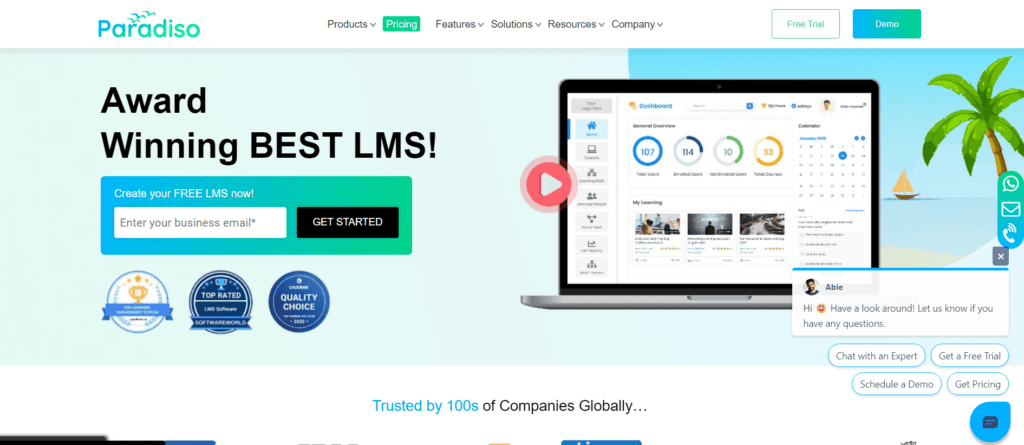
Paradiso LMS
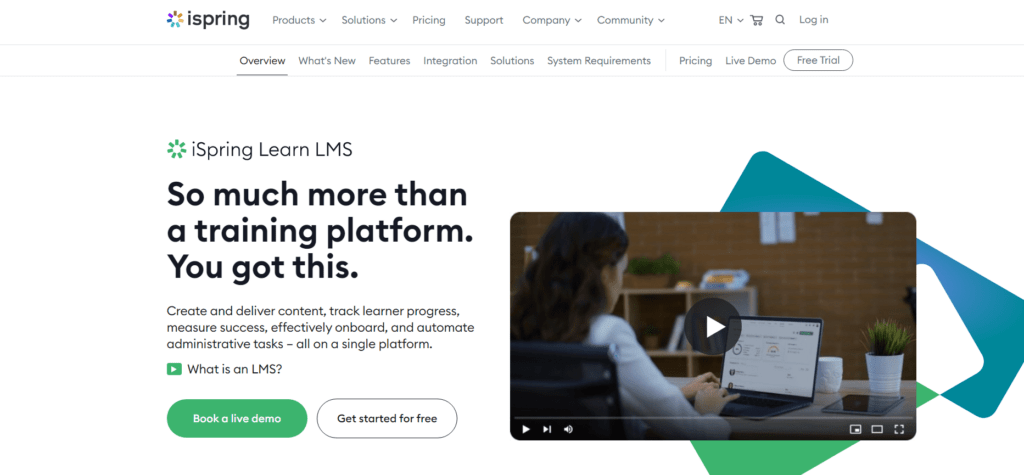
iSpring learn LMS
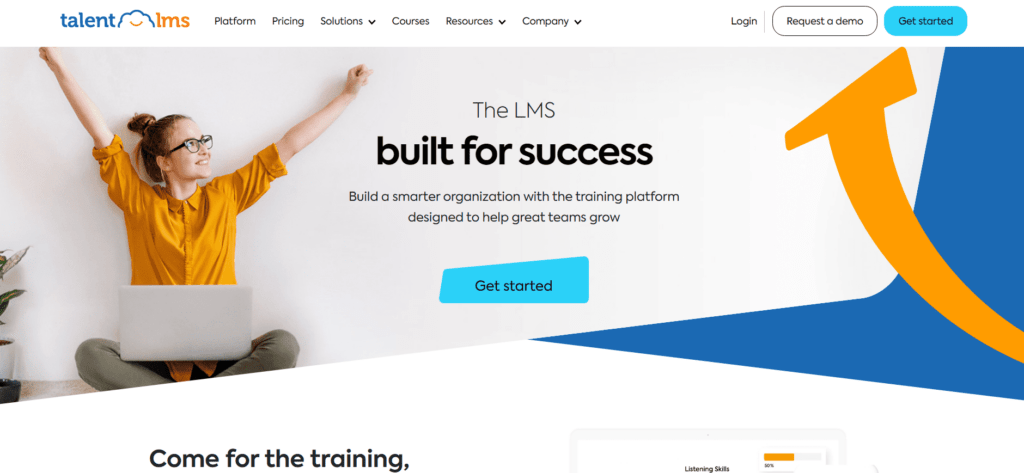
Talent LMS
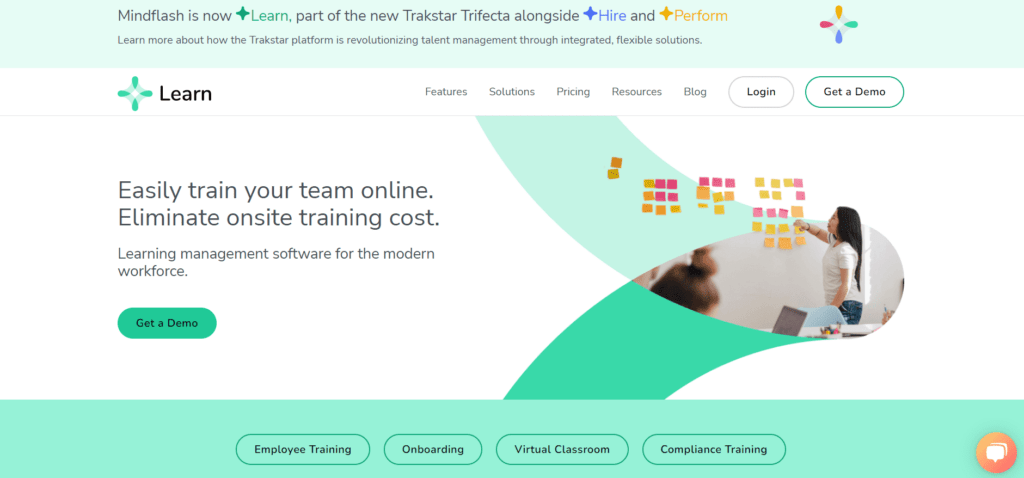
Mindflash
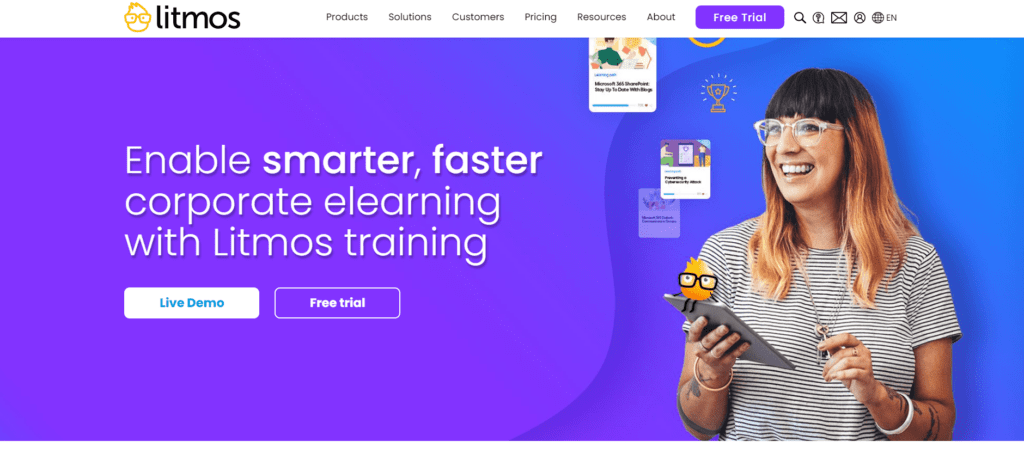
SAP litmos
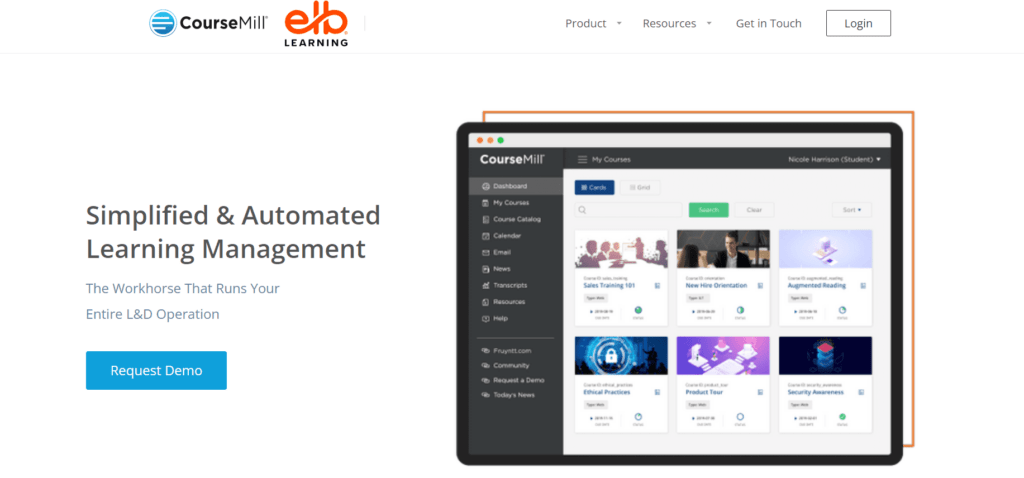
CourseMill
